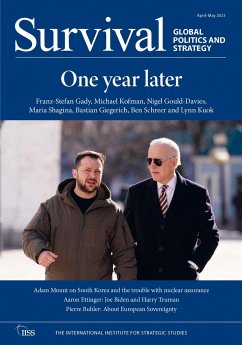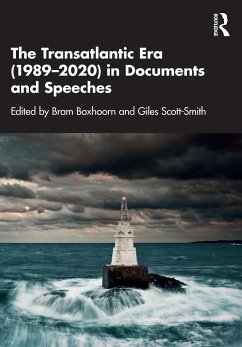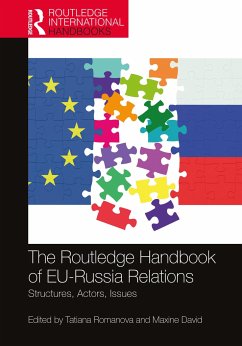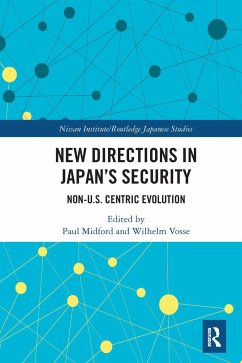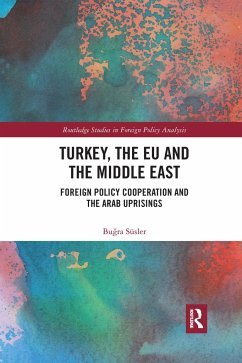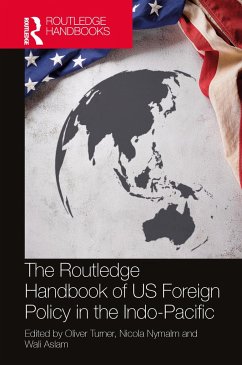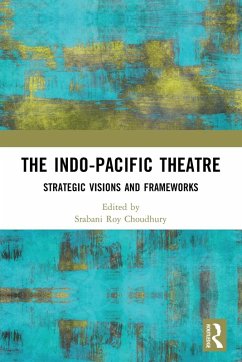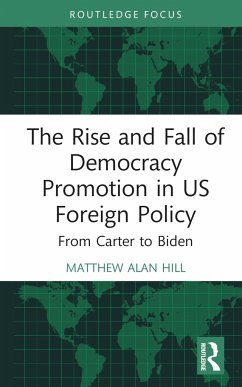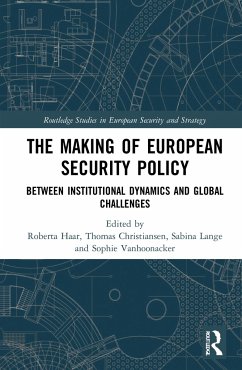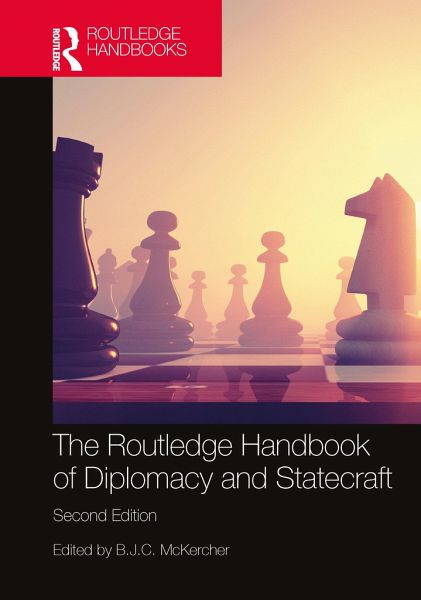
The Routledge Handbook of Diplomacy and Statecraft
Versandkostenfrei!
Versandfertig in 6-10 Tagen
229,99 €
inkl. MwSt.
Weitere Ausgaben:

PAYBACK Punkte
115 °P sammeln!
Reflecting the profound changes in international society in the past decade and the challenges that all Powers' diplomacy and statecraft face, whether opposing or encouraging these changes, this fully revised and updated edition provides a unique multifaceted assessment by experts of the new international order.Built around the thesis that Great Power rivalry dominated after the end of the Cold War, it examines how this multi-polarity has become more extreme. The Handbook assesses the diplomacy and statecraft of individual powers in seven key sections:- The Context of Diplomacy- The Great Powe...
Reflecting the profound changes in international society in the past decade and the challenges that all Powers' diplomacy and statecraft face, whether opposing or encouraging these changes, this fully revised and updated edition provides a unique multifaceted assessment by experts of the new international order.
Built around the thesis that Great Power rivalry dominated after the end of the Cold War, it examines how this multi-polarity has become more extreme. The Handbook assesses the diplomacy and statecraft of individual powers in seven key sections:
- The Context of Diplomacy
- The Great Powers
- Middle Powers
- Developing Powers
- International Organisations and Military Alliances
- The International Economy
- Issues of Conflict and Co-operation
It shows how diplomacy and statecraft have transformed on issues such as the evolving "America First" strategy; the strengthening of the People's Republic of China; the growth of non-state actors in foreign policy; the unravelling of international arms control agreements; the aggressive nature of Russian foreign policy; and the emergence of major armed conflicts and the rise of terrorism and armed insurgencies around the world.
It will be of interest to government and non-governmental actors, established scholars and students in the fields of international relations, history, and military studies.
Built around the thesis that Great Power rivalry dominated after the end of the Cold War, it examines how this multi-polarity has become more extreme. The Handbook assesses the diplomacy and statecraft of individual powers in seven key sections:
- The Context of Diplomacy
- The Great Powers
- Middle Powers
- Developing Powers
- International Organisations and Military Alliances
- The International Economy
- Issues of Conflict and Co-operation
It shows how diplomacy and statecraft have transformed on issues such as the evolving "America First" strategy; the strengthening of the People's Republic of China; the growth of non-state actors in foreign policy; the unravelling of international arms control agreements; the aggressive nature of Russian foreign policy; and the emergence of major armed conflicts and the rise of terrorism and armed insurgencies around the world.
It will be of interest to government and non-governmental actors, established scholars and students in the fields of international relations, history, and military studies.






